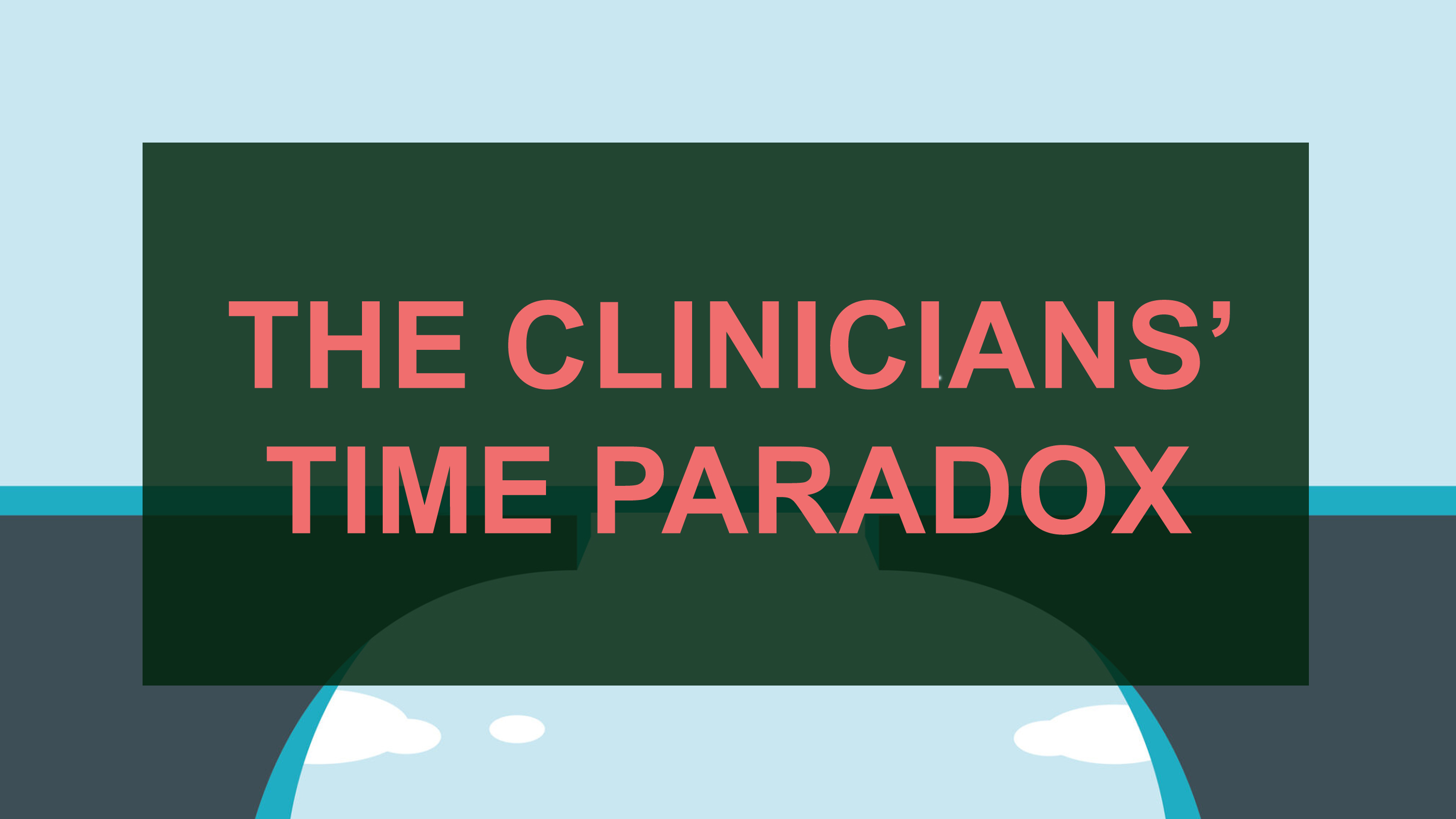The Clinicians’ Time Paradox
Every Clinician wants to devote every second of every minute to the well-being of the patient. However, in reality they are racing against the time because of the severe time constraints. Although it is not the intention of most of the Clinicians to rush, the sheer volume of the patients makes them consult with patients in a hurry. Because of this many patients feel that they are not seen, heard and understood.
The exponential increase in population coupled with an acute shortage of workforce puts an immense strain on the medical personnel. This is especially evident in these COVID - 19 riddled times. Time is constrained. It is this setting that puts doctors under a considerable pressure -- both physically and psychologically. This is all the more relevant in critical cases, where even a small slip up could lead to sleepless nights.
Patients expect clinicians to lend an empathetic ear to their problems. Facing the challenges, the Clinicians are not able to meet their expectations. Because of this many patients are dissatisfied with the system. This is leading to stress, conflict and in some severe cases to violence. So, is there a silver lining?
Time constraints are here to stay. We future Clinicians must rebuild the trust between Clinicians and Patients by overcoming the challenges of time constraints.
Is there a Silver lining? I pondered on this question for many days. One day it struck me that we can overcome and rebuild the trust by making little changes to the way we conduct ourselves when consulting with patients. The little things are:.
Set the screensaver on your desktop to go off after a minute. Do this right before the consultation starts. (If a desktop is not at your disposal, use an hourglass.)
Let the patient speak. Maintain eye contact, encourage conversation (tell me more; uh, uh; go on).
Be invitational—show that you are interested with body language.
If you want to take notes, please inform patient that you will be jotting down some notes. Informing them will prevent them from making judgments like 'Doctor was busy writing notes."
Start speaking only after the screensaver goes off or after the patients completes the narrative whichever happens first.
Make sure the patient understands by making them repeat a few things you've said.
It is difficult to implement these changes suddenly, especially in India where communication skills are brushed off as unimportant. Take the initiative, make the change— one medical consultation at a time. Start with one patient a day then two and then more. Gradually, this will become a habit which will benefit you for years of clinical practice.
Author:
Sajal Gautam
First Year MBBS
Kasturba Medical College, Manipal, India


Reviews
Comments